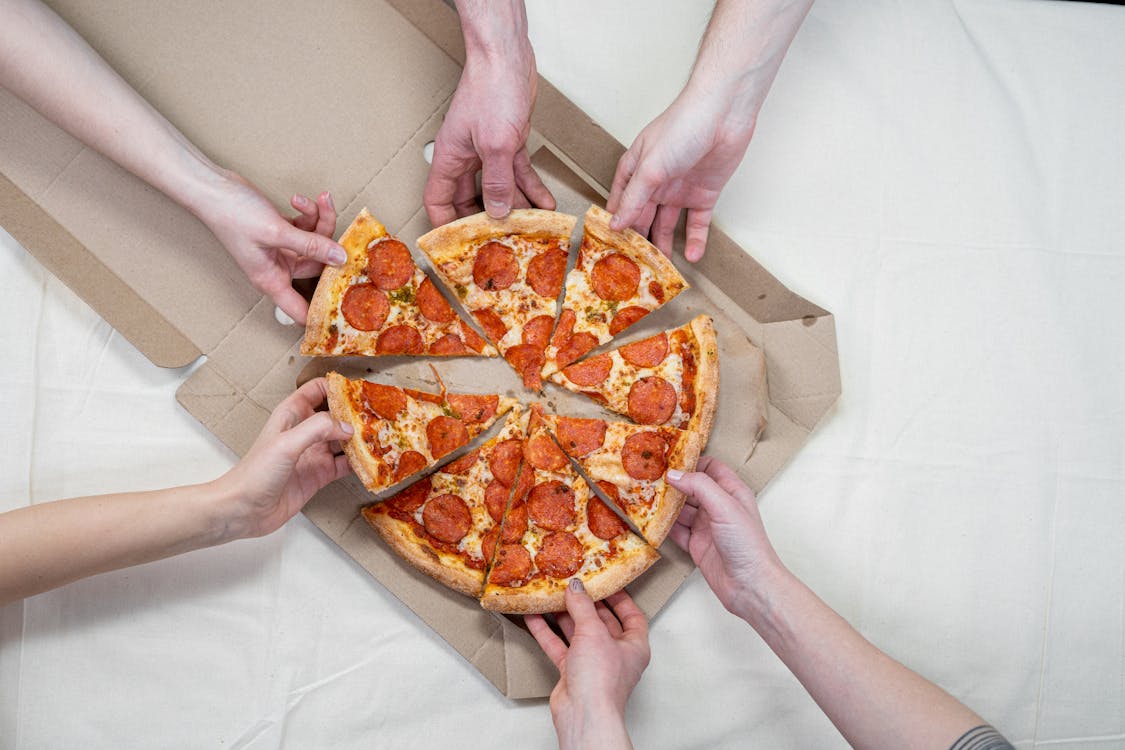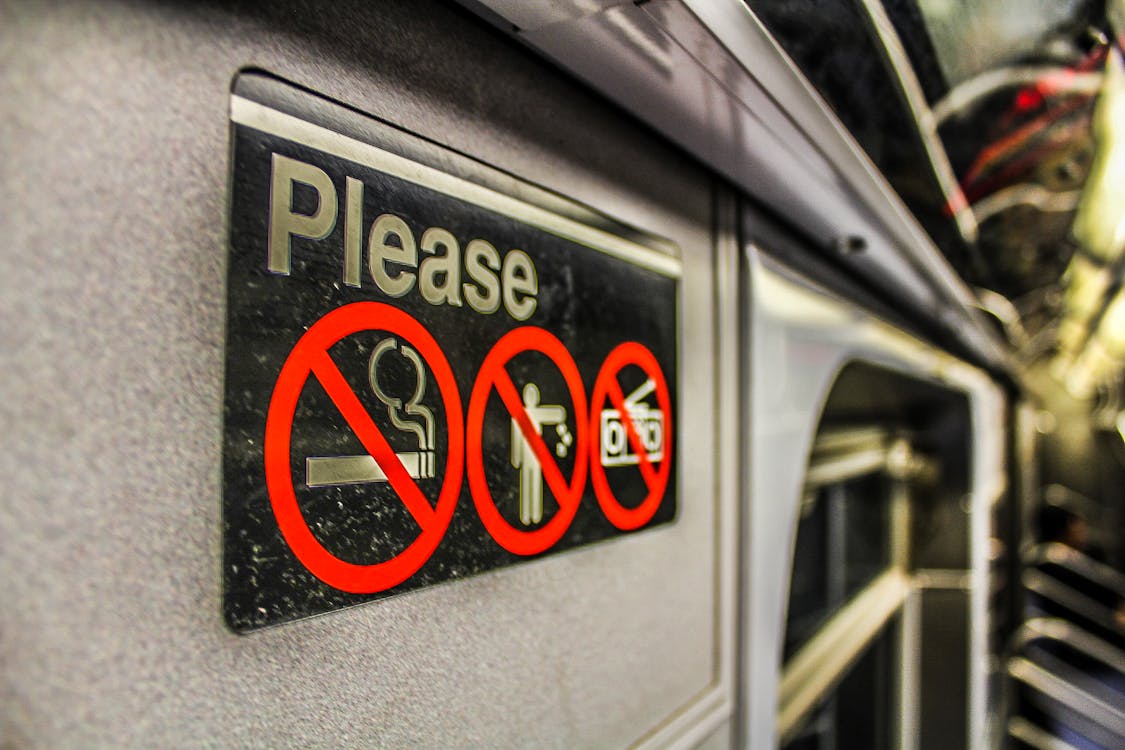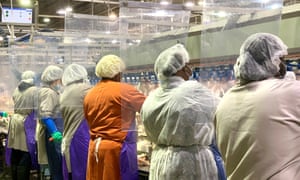Response to Aaron Baker’s Food supply Chain Consequences of COVID-19
The post from Aaron indicated the economic consequences of COVID-19. While the food supply decreases, we can expect an increase of the food price. Consumers are forced to pay the increased price, and this will lead to severer hunger. This lead to the question: how do we overcome this food crisis?
It’s important to invest in local food production (The Guardian). As some countries are restricting exportation of certain foods, supporting nutritious and affordable food production can be the key of sustainable food system. Food distribution is also substantial to guarantee the delivery of food to the vulnerable populations.
To improve our food system, we need to change our policies. According to “the Real reasons for hunger”, the policies should “put livelihoods and food security first, rather than read and commerce”(Vandana Shiva). People are starving because of the policy structure that limits the access to resources and markets and dismantle the livelihoods of farmers. Trade liberalization is not the solution of the food crisis because the political democracy removes the basic rights of making decisions from people in this country.
The food chain should be regulated by the governments with improved policies. Under this pandemic, governments must work together to avert disruptions to foo supply chains. The coordination of global governments is needed because of the globalization.
















